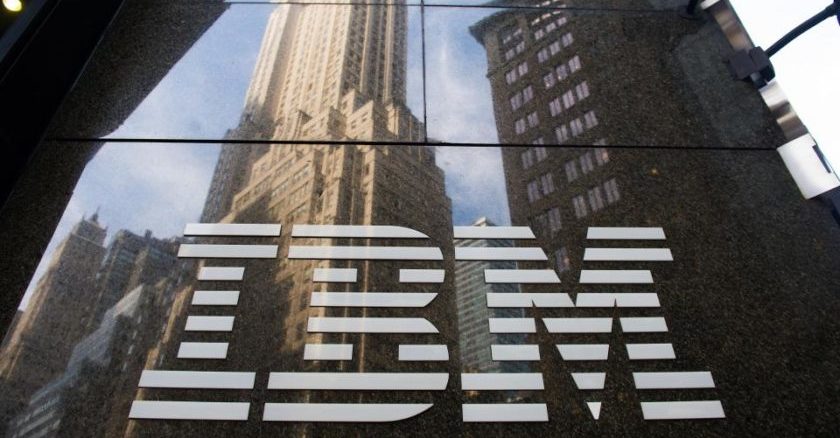HITS

IBM Picks Up New Blockchain Partners
Story Highlights
IBM has scored another major win on the blockchain front, this time in the food sector, saying Aug. 22 that it teamed up with companies including Dole, Kroger, Nestle, Tyson Foods, Unilever and Walmart on a global food safety initiative.
The initiative’s goal is to “further strengthen consumer confidence in the global food system,” and the companies will collaborate to “identify new areas where the global supply chain can benefit from blockchain,” IBM said in a press release. Blockchain technology can be used by the companies to “improve food traceability by providing trusted information on the origin and state of food,” it said.
IBM is focused on open-source blockchain solutions for enterprise sectors, and was an early member of Hyperledger, an open source collaborative effort created to advance cross-industry blockchain technologies, it noted. To date, IBM has worked with more than 400 clients across financial services, supply chains, Internet of Things (IoT), risk management, digital rights management and healthcare to implement blockchain applications, it said.
Earlier this summer, IBM was selected to build a new blockchain trading system on behalf of a consortium of global banks. IBM said last year that it launched cloud services to be used by organizations requiring a secure environment for blockchain networks.
IBM continued to make strides in its second quarter (ended June 30) with its cloud services, including an increased number of clients opting to use its blockchain solutions, IBM CFO Martin Schroeter said last month on an earnings call. In the first quarter (ended March 31), IBM had more than 40 “new engagements” with blockchain, and it’s “working on over 400 more,” he said in April, adding the opportunities there “span multiple industries.”
In announcing the food safety initiative, IBM said Aug. 22 that one in 10 people fall ill and 400,000 die each year due to contaminated food. “Many of the critical issues impacting food safety such as cross-contamination, the spread of food-borne illness, unnecessary waste and the economic burden of recalls are magnified by lack of access to information and traceability,” it said, noting it can often take several weeks to identify the exact point of contamination, leading to additional illness, lost revenue and wasted product.
“Blockchain is ideally suited to help address these challenges because it establishes a trusted environment for all transactions,” IBM said. In the case of the global food supply chain, all participants can gain access to known and trusted information regarding the origin and state of food for their transactions, it said, adding that “can enable food providers and other members of the ecosystem to use a blockchain network to trace contaminated product to its source in a short amount of time to ensure safe removal from store shelves and stem the spread of illnesses.”
The food initiative will “draw on multiple IBM pilots and production networks in related areas that successfully demonstrate ways in which blockchain can positively impact global food traceability,” IBM said.
“Unlike any technology before it, blockchain is transforming the way like-minded organizations come together and enabling a new level of trust based on a single view of the truth,” Marie Wieck, IBM Blockchain GM, said in the news release. She added: “Our work with organizations across the food ecosystem, as well as IBM’s new platform, will further unleash the vast potential of this exciting technology, making it faster for organizations of all sizes and in all industries to move from concept to production to improve the way business gets done.”
“As an advocate for greater transparency in the food system to benefit customers, Walmart looks forward to expanding on our initial work by collaborating with others to accelerate exploration on how this technology can be used as a more effective food traceability and food safety tool,” Frank Yiannas, Walmart VP-food safety, said in the announcement. He added: “Blockchain technology enables a new era of end-to-end transparency in the global food system – equivalent to shining a light on food ecosystem participants that will further promote responsible actions and behaviors. It also allows all participants to share information rapidly and with confidence across a strong trusted network. This is critical to ensuring that the global food system remains safe for all.”









